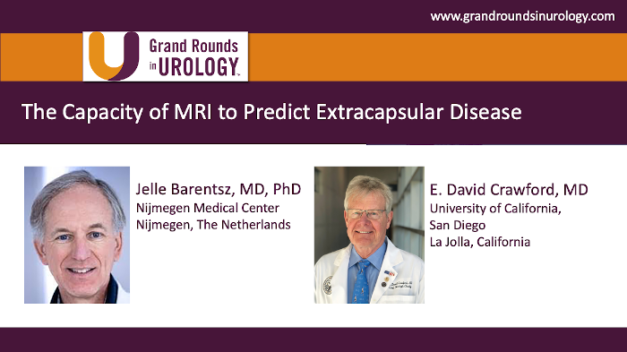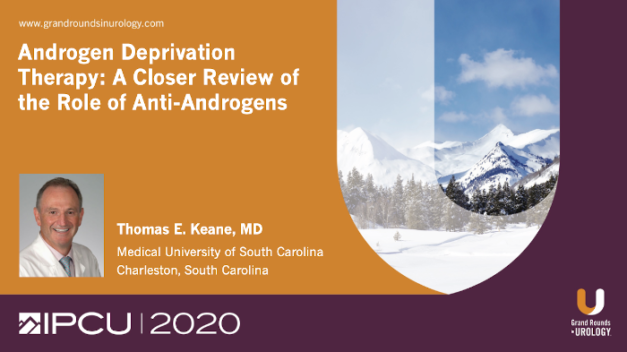Anti-Androgen Trials
Daniel P. Petrylak, MD, Director of Genitourinary Oncology, Professor of Medicine and Urology, Co-Leader of Cancer Signaling Networks, and Co-Director of the Signal Transduction Program at Yale University Cancer Center, gives an overview of the most important, recent anti-androgen trials, as well as those that are currently still underway. He highlights how the trials were conducted, what the researchers found, and what he feels is still missing from the research. Dr. Petrylak compares and contrasts the different studies and draws conclusions about each. He also goes over a couple of trials with novel anti-androgens with unique mechanisms of action, which are currently in phase 1, that are showing promise.
Read More




